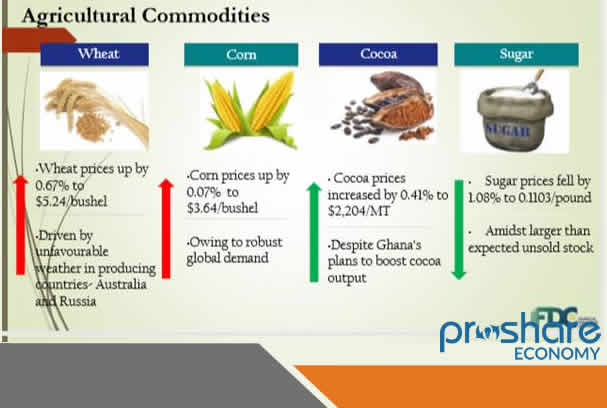According to a punch newspaper report, the Federal Government has announced that Nigeria will witness another round of flood in many states this year, and there is a need for early preparations in order to avoid some of the mistakes that were made in 2022. It was also noted added that state governors would be informed early this year about disaster-prone areas. In 2002, the country experienced an unprecedented devastating nationwide flood that took the lives of about 662 persons and caused extensive food shortages as disclosed by the National Emergency Management Agency (NEMA).
According to the Ministry of Humanitarian Affairs, the flood witnessed in 2022 destroyed 70,566 hectares of farmland, damaged 45,249 houses, and displaced over 1.4 million Nigerians. The devastation of thousands of farmlands in key agricultural-producing states across the country resulted in the loss of farm produce and livestock in large quantities which negatively impacted the economy by contributing significantly to the hike in the country’s food inflation. The surge in food prices resulted in a decline in the standard of living of the populace as there was no commensurate rise in consumer income. Also, the floods contributed to a surge in transportation costs as tankers conveying petroleum products to the Federal Capital and other states in the northern parts of the country were unable to move due to blocked road networks in the region. This was one of the reasons the petroleum authorities gave for the scarcity of the product in 2022.
Nigeria’s population has been growing rapidly and it’s currently estimated to be over 200 million. There has also been rapid growth in urbanization in recent times, with about 55% of the nation’s population living in urban areas. Given the country’s growth in population and urbanization, the huge housing deficit witnessed in urban areas means that people are forced to build shelters in flood-prone areas such as riverbanks, wetlands, and low-lying areas. Poor solid waste management is also a key contributor to the problem of flooding. Often, drainage systems are used as dump sites, blocking the flow of water. Another factor is a change in rainfall patterns in the country, Rainstorms lasting up to five days are becoming more common and it’s predicted that they will increase due to increased climate change. Poor water infrastructure developments such as dams, reservoirs, and bank protection also contribute to flooding in the country.
Given the warnings of more floods this year, there is a need for a more proactive approach by the government towards preventing a disaster. A combination of hard infrastructural solutions and ecosystem-based adaptation should be considered. These include the construction of dams and reservoirs to hold excess water, riverbank protection, construction of spillways, appropriate drainage systems and storm water management regimes, and dredging of some of the major rivers in Nigeria. Climate change is a natural phenomenon affecting many countries, hence, all hands must be on deck to reduce the level of impact of the expected flooding.
 Lagos, NG • GMT +1
Lagos, NG • GMT +1











 312 views
312 views









 Sponsored Ad
Sponsored Ad
 Advertise with Us
Advertise with Us









